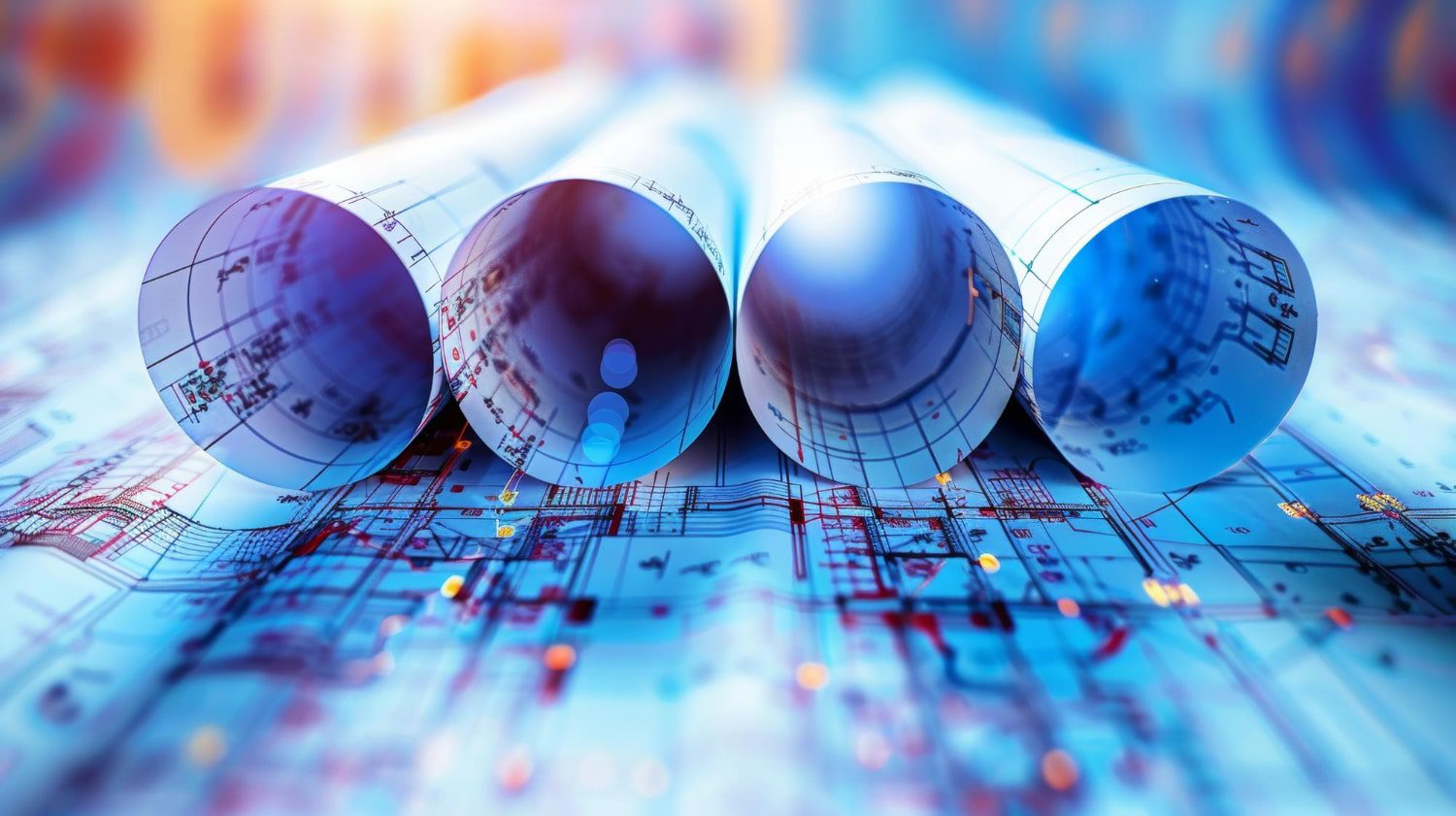Az épületgépészeti tervezés az építőipar egy olyan szakterülete, amely biztosítja, hogy az épületek fűtési, hűtési, szellőztetési, vízellátási és csatornázási rendszerei megfelelően működjenek. Ez a folyamat kulcsfontosságú az épületek energiahatékonyságának, kényelmének és fenntarthatóságának szempontjából. Ebben a bejegyzésben bemutatjuk az épületgépészeti tervezés fontosságát és azokat az előnyöket, amelyeket egy jól megtervezett rendszer nyújthat.
Why is building services engineering important?
- Comfort and convenience: building services systems play a fundamental role in shaping the interior environment of buildings. Proper heating and cooling systems ensure optimum temperatures, while ventilation systems bring fresh air into rooms and remove pollutants. This is particularly important in office buildings, residential buildings and public buildings where the comfort of the occupants is a primary concern.
- Energy efficiency: energy efficiency should be a key consideration in the design of building services systems. The use of modern technologies and solutions can significantly reduce energy costs. Heat-pump systems, underfloor heating and fan-coil cooling are all solutions that can make a building’s energy use more efficient.
- Environment: sustainability is an increasingly important issue in the construction industry. Energy-efficient building services systems reduce greenhouse gas emissions, helping to protect the environment. The use of renewable energy sources, such as solar or geothermal energy, offers additional benefits in this area.
- Cost-effectiveness: a well-designed building services system can lead to significant cost savings in the long term. By increasing energy efficiency, heating, cooling and ventilation costs are reduced, while reducing maintenance requirements also reduces running costs.
- Health and safety: building services systems contribute to the safety of buildings and the health of their occupants. Proper ventilation helps prevent mould growth and airborne diseases. In addition, maintaining the right temperature and humidity improves general well-being.
The building services engineering design process
Az épületgépészeti tervezés egy összetett folyamat, amely több lépésből áll:
- Needs assessment and conceptual design: the first step is to assess the client’s needs and the functional requirements of the building. This is followed by conceptual design, which determines the systems and technologies to be used.
- Detailed design: during the detailed design phase, we work out the exact technical parameters and placement of the systems. The use of BIM (Building Information Modelling) allows the systems to be modelled in three dimensions, which helps to minimise design errors and facilitate subsequent operation.
- Approval: once the plans have been drawn up, the next step is the approval process, during which the plans are submitted to the relevant authorities for approval.
- Construction: once the permits have been obtained, construction can start. The building services systems are installed and commissioned by the technicians according to the plans.
- Commissioning and maintenance: after the systems are installed, they are commissioned and tested. Regular maintenance ensures the long-term operation and efficiency of the systems.
The added value of BS-Plan Engineering Ltd.
A BS-Plan Engineering Kft. elkötelezett a magas színvonalú épületgépészeti tervezés mellett. Szakértő csapatunk a legmodernebb technológiák és módszerek alkalmazásával dolgozik, hogy ügyfeleink a lehető legjobb eredményeket érhessék el. Az energiahatékonyság, a fenntarthatóság és a használói komfort mindig a tervezési folyamat középpontjában áll.
Summary
Az épületgépészeti tervezés alapvető fontosságú az épületek hatékony és fenntartható működése szempontjából. Egy jól megtervezett rendszer nemcsak kényelmes és biztonságos környezetet teremt, hanem jelentős költségmegtakarítást és környezeti előnyöket is biztosít. A BS-Plan Engineering Kft. elkötelezett amellett, hogy a legjobb megoldásokat kínálja ügyfeleinek, biztosítva ezzel az épületek hosszú távú értékét és fenntarthatóságát.






